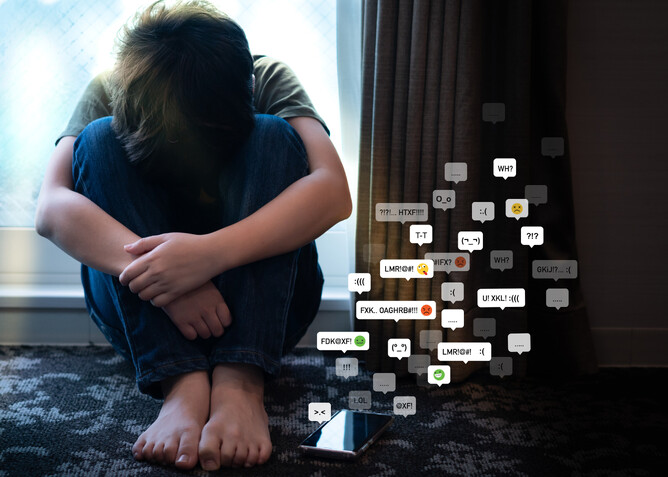Social media has become an integral part of the lives of young audiences, offering them platforms for communication, information sharing, and entertainment. However, excessive and compulsive use of social media can lead to addiction, which can have profound and detrimental effects on the mental, emotional, and social well-being of young individuals. This report explores the effects of social media addiction among young audiences.
I. Mental Health Implications
1.1 Anxiety and Depression Social media addiction has been linked to increased levels of anxiety and depression among young people. Constant comparison to others, fear of missing out (FOMO), and cyberbullying are common stressors that contribute to these mental health issues.
1.2 Decreased Self-Esteem Excessive use of social media can lead to decreased self-esteem, as young audiences often compare their lives to carefully curated, idealized online representations of others. This can foster feelings of inadequacy and insecurity.
II. Impact on Productivity and Academic Performance
2.1 Decreased Productivity Addiction to social media can significantly reduce productivity. Frequent distractions and the compulsion to check notifications interfere with academic or work-related tasks, leading to decreased efficiency.
2.2 Poor Academic Performance Young individuals struggling with social media addiction may experience a decline in academic performance due to reduced focus, time management issues, and procrastination.
III. Impaired Real-World Relationships
3.1 Social Isolation Excessive social media use can lead to real-world social withdrawal. Young audiences may spend more time online than engaging in face-to-face interactions, leading to feelings of loneliness and isolation.
3.2 Relationship Strain Relationships with family and friends may suffer as a result of social media addiction. Constantly checking one's phone or being preoccupied with social media during social gatherings can lead to conflicts and strained relationships.
IV. Privacy and Security Concerns
4.1 Privacy Risks Young individuals often share personal information on social media without fully considering the privacy implications. This can lead to identity theft, cyberbullying, or other online threats.
4.2 Addiction-Driven Behavior In extreme cases of social media addiction, individuals may engage in risky behavior, such as sharing personal or sensitive information online, responding to phishing attempts, or engaging in online scams.
Social media addiction among young audiences has far-reaching and detrimental effects on their mental health, productivity, real-world relationships, and privacy. As these platforms continue to play a significant role in the lives of young individuals, it is crucial to raise awareness about the potential risks and consequences of social media addiction. Encouraging healthy online behaviors, promoting digital literacy, and providing resources for those struggling with addiction can help mitigate these effects and foster a more balanced and positive relationship with social media. Addressing social media addiction is not only a matter of individual well-being but also a societal responsibility to ensure the healthy development of our young generations in the digital age.
Levin Family Health encourages family members to develop strategies to manage and overcome various growing issues around the impact Social Media has on your children and youth - although there are no legal recourse for parents who have children damaged through social media platforms there is a movement happening that will impact on how we support and guide you and your child to better outcomes in the future.
The following URL shows what is being done in USA currently but there is no reason for this kind of support to be available in New Zealand at some point in time.



